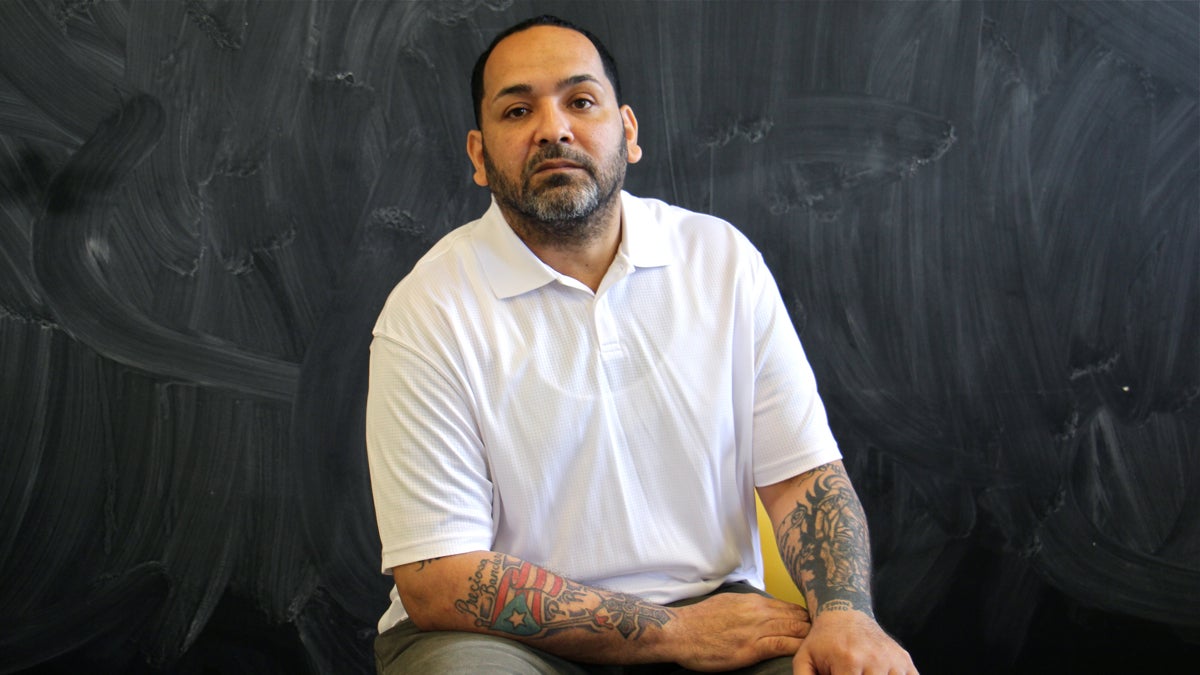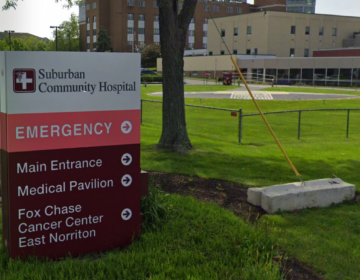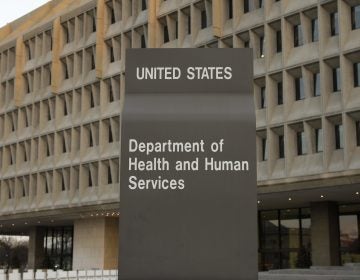New ‘partial hospitalization’ opioid treatment center opens in Philadelphia

George Rodriguez is a graduate of Pathways to Recovery, a partial hospitalization program for those struggling with addiction and mental health issues. (Emma Lee/WHYY)
Officials from Philadelphia’s public behavioral health system showcased a new treatment center for opioid addiction Thursday that they say is a model for future programs in the city.
Pathways to Recovery, which is located in Kensington and launched in October last year, serves people addicted to opioids who also have a co-occurring mental health condition. The program fills a gap in Philadelphia’s treatment network, which didn’t previously have a center that provides a level of care between hospitalization and outpatient treatment.
Speakers at an open house on Thursday included the city’s deputy commissioner for the Department of Behavioral Health & Intellectual disAbility Services and officials from Community Behavioral Health, the non-profit organization that provides coverage for addiction treatment to Philadelphia Medicaid recipients. They also included one of the 35 patients who have completed the program since it opened last October.
“I was saved by this program,” said George Rodriguez, 47, who said his struggle with depression led him to start using heroin a few years ago.
“Coming here, seeing a doctor, a psychiatrist, to help me deal with my depression was the first step,” Rodriguez said.
Rodriguez’s situation is not uncommon. According to data from Community Behavioral Health, 84 percent of people in its system last year who had problems with opioid use also suffered from another mental health disorder, such as depression, anxiety, or schizophrenia. Rose Julius, a deputy chief medical officer for Community Behavioral Health, said that despite the massive overlap, help for mental health conditions has traditionally been kept separate from addiction treatment.
Pathways to Recovery is run by the Public Health Management Corporation with funding from Community Behavioral Health. Julius said that the way the program integrates mental health and addiction treatment is part of what makes it a “flagship program” that the city and community behavioral health will be looking to replicate in the future.
The treatment center is also Philadelphia’s first “partial hospitalization” program for addiction treatment, a sort of bridge between inpatient and outpatient care. It provides up to 20 hours a week of structured treatment, but doesn’t provide inpatient care. The program provides individual, group, and family therapy, and employs peer recovery specialists who do outreach to keep people coming to treatment.
It’s also equipped to use medication-assisted treatment, which scientific evidence shows makes treatment more effective. Increasing access to medication-assisted treatment was high on the list of recommendations announced recently by the mayor’s task force on opioid addiction.
Rodriguez was able to start taking the medication Suboxone through his treatment at Pathways to Recovery. He said it helped his control his urges to use, but that was only half the battle to stay clean. The rest involves continuing to attend group meetings, and surrounding himself with people supportive of his recovery, Rodriguez said.
“I have to do the other half,” he said.
WHYY is your source for fact-based, in-depth journalism and information. As a nonprofit organization, we rely on financial support from readers like you. Please give today.




